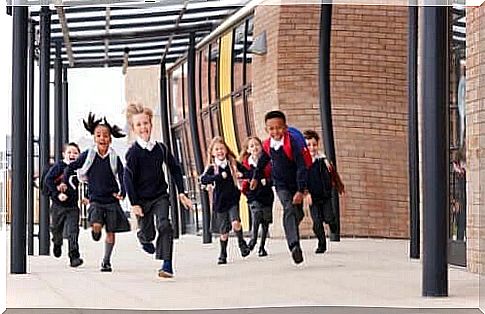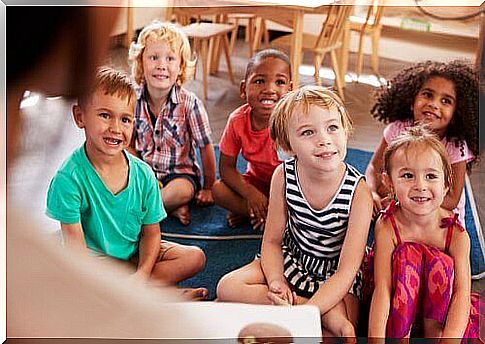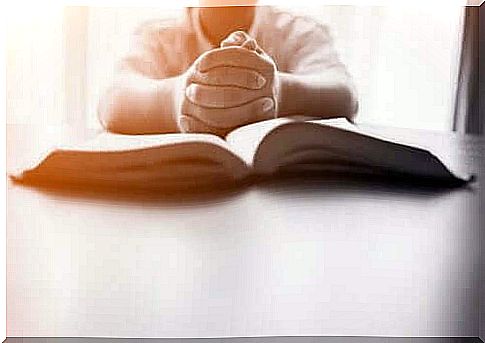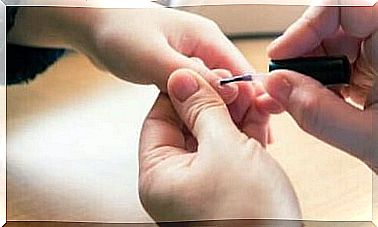How Do You Choose The Best School For Your Child?

Our babies are growing up and we have to make important decisions. One of the first we need to make is which school is best for the child. Your child will spend most of his time there, the teachers will shape the teaching and classmates will influence the social environment.
This is not an easy decision. School time will largely determine the child’s future. There are so many options and factors to consider, such as:
- costs
- family values
- what you hope your child will learn
Therefore, you should take the time to research and choose the best school for your child. Here are some tips on what to keep in mind.
A public school or a private school?

This choice is very important and is not only limited to the financial possibilities. While it is important to calculate whether you can afford the cost of a private school or whether you choose a public school, other factors also come into play in this decision.
Admission Requirements
Many private schools have a limited number of places. Registration is therefore more difficult. If you’ve already decided that your child will go to private school, make sure the paperwork is done on time.
Public schools must admit any child who applies. However, in some countries and cities there are zoning laws so that the schools only admit children who live in the area.
If so, find out if the schools in your area meet your expectations. If not, you can consider moving, but keep in mind what else is needed.
School program

The subjects taught, the exam subjects, and the school holidays are always the same throughout the country, although holiday periods differ per area of the Netherlands (north, center and south).
At private schools, other subjects may be taught and other books may be used. Take a good look at the education within the school before deciding which school is best for your child.
The training of the teachers
Teachers must pass their teacher training exams in order to teach. Some private schools use the same kind of procedure to admit their teachers.
However, others look for experts in certain fields. However, that doesn’t mean they are better or worse. It is best to ask, and even meet the teachers if possible.
Social environment
Public schools are generally more diverse, as they admit students without a selection process. Private schools can be more selective and less inclusive, as some have gender or religion restrictions in addition to economic requirements.
Keep in mind that your child will spend more time with his classmates than with you, and they will have a major impact on his life.
Religious or secular schools

If you have decided to send your child to a private school, you should also choose the best school based on your personal values and the types of activities available to your child.
If religion is important to you, you should know that religious schools will pass on to your child the sacred texts, rituals, and other special values of your religion.
Secular schools, both public and private, are based solely on education. However, they can also offer extracurricular activities, including some religious activities.
Specialized schools
Schools often also offer specializations. This doesn’t necessarily mean it’s their sole focus, it should mean they put more emphasis on a particular area.
Some schools teach in other languages, such as Spanish or even Chinese. There are also schools specializing in arts, sciences, and others with advanced sports programs. There are also many other types of education.
If you think your child has talent in a particular area, consider choosing a school from an early age that best focuses on his or her skills.
What do you do before choosing the best school for your child?

Taking into account the above factors, we recommend researching as many different schools as possible. Here are some of the things you can do to gain more knowledge so you can make a more informed decision:
- Check the Classifications and Rankings of the Schools. Almost all countries maintain some sort of ranking of schools. Search the web for the classifications of the schools to find out how the different schools rank.
- Check out internet forums and blogs. Feedback from other parents who already have children attending a school that interests you can help. It’s even better if you know the parents personally. You can ask them questions, but don’t take their opinion blindly, because everyone has different experiences.
- Visit the schools. Ask for an appointment with the director or the dean. If you’re concerned, ask questions and request a tour. Some schools even allow parents to attend certain classes so they can see how things are going. Ask if that is possible and try it out.
- Note the guidelines. Most schools organize open days to explain how they work, what their characteristics are and how they teach. Here you can meet both teachers and students. Go there, take notes and ask questions.
Visit the school with your child. Your child’s opinion counts the most. Take him or her to the school and see how he feels. He may be a little intimidated, after all, it is a new experience, but your child’s impressions and reactions will help you. He can also help you choose the best school.
Conclusion
The most important thing is to start the selection process a few months before the start of the subscription period. Choosing the best school is a task that takes time and good analysis.
Leaving this job until the last minute will leave you with fewer options and you may have to settle for a school that isn’t among your first three choices.









